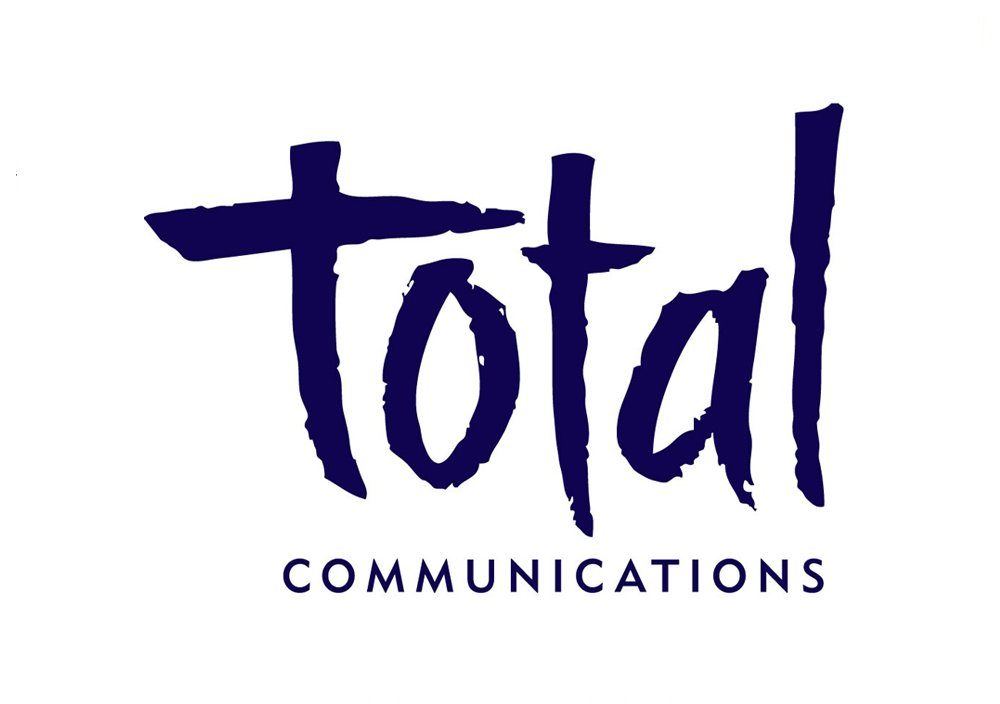You could write a book about Chat GPT. If you had the time, and nothing better to do.
In fact, you could ask it to write the book itself, give it a hundred or so questions to answer, and see what came back.
Then you’d have to use your editing and writing skills, and common sense, to translate the content into something that didn’t upset, disappoint, or mislead people.
Earlier today, I glimpsed this headline, ‘Religious leaders turn to ChatGPT for sermon writing, but find it lacks human touch.’
Apparently, despite all the preaching about AI in recent times, the congregation didn’t like what they were hearing.
I asked GhatGPT to pick one word from the English language which best describes itself.
It came back with 54: ‘As an AI language model, I do not have a personal identity or emotions, so I cannot describe myself with a word that reflects my personal characteristics or traits.
‘However, some people might describe me as "helpful" or "knowledgeable" as I am designed to provide information and assistance to those who interact with me.’
The simple truth about ChatGPT is that, aside from its convenient inability to count at times, it’s basically brainless.
There is no thought behind the answers it spits out at a rapid pace to whatever you ask.
It’s a machine. Created by some great minds. But without a mind of its own. Just a dazzling ability to search cyberspace at a breathtaking rate, and retrieve information that’s as close as it can find to what you want.
Last week, I asked it to carry out some due diligence on a company which had approached me.
What was their business record? Their reputation? Who owned and ran the company? What about their background?
I asked the same questions on three occasions, a few minutes apart. Each time it came back with different answers, names and backgrounds. All incorrect.
So be careful how you use ChatGPT, and what you use it for. It has its uses, and is very fast.
Just remember one thing – it is completely and utterly brainless. And you’re not. Human intelligence rules.

